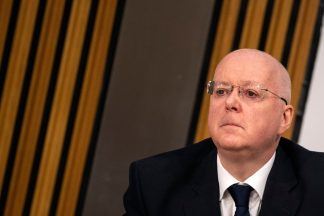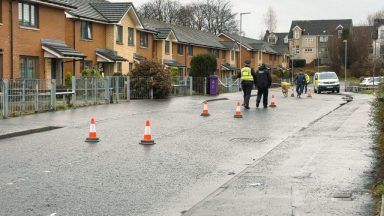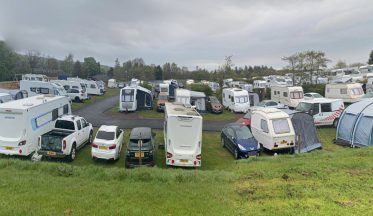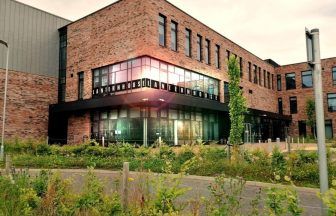Glasgow will host the Commonwealth Games for the second time in 12 years next summer after stepping in to host a scaled-back version when the original hosts faced financial troubles.
Despite having a limited budget and limited time to plan the major multi-sport event, organisers have said they are “confident” about their plans.
Speaking to the Scottish Affairs Committee on Monday, chief marketing and communications officer Louisa Mahon said that the blueprint they are developing in Glasgow is something that will be “truly sustainable”.
She said the scaled-back event would allow other Commonwealth nations that “would never have been able to step forward” to consider hosting the event with confidence in the future.
“What we’ve had, which has been quite overwhelming, is immense gratitude towards Scotland and towards Glasgow as a city, and a real feeling of saving the games,” Ms Mahon said.
“What we’re doing is unique and innovative, but it should last for generations to come.”
How much will the games cost?
The 23rd edition of the Games is expected to cost around £150m in total, according CEO of Glasgow 2026, Phil Batty.
That money is coming from the initial investment from Commonwealth Sport, from ticket sales, commercial partnerships, broadcast rights, and from other contributions.
“Critically, no public funding is going into that core delivery budget,” Mr Batty said.
He added that organisers have already completed 87% of procurement by value ahead of the games.
“We have a really high degree of confidence in overall budget delivery,” he said.
Glasgow 2026 has tried to reduce the overall cost of hosting the games by 60% to provide better value for money and to make the games more affordable both now and in the future.
He said Commonwealth Sport has put money on the table for approximately £6m worth of venue upgrades across the city, including a new athletics track in the Scotstoun Stadium and refurbishments and lighting upgrades at the Tollcross International Swimming Centre.
“We’re keen to leave venues stronger than when we enter them,” Mr Batty said.
Although the upcoming event has not relied on public funding, Mr Batty said previous investment for the 2014 games played a large role in that.
“We’re are really benefiting from the legacy of 2014, that’s allowing us to do this without public sector investment,” he said.
He said future games will still require the support of the Government and the public sector to stage major events.
What are organisers doing?
The event will see ten sports and six Paralympic sports take place across four venues in the city.
It will begin on July 23 and run until August 2, with 133 sessions of sport, including more than 50 medal sessions.
Over 3,000 of the world’s top athletes from 74 nations and territories are set to attend.
Venue upgrades, athlete accommodation, transport arrangements and more are all underway across the city, according to Mr Batty.
He said organisers have opted to book hotels to accommodate those athletes rather than a traditional athlete village.
It’s part of designing the event around Glasgow and the way it moves for cost efficiency rather than following a set formula.
In 2026, the event will also rely on shuttle services on EV buses to get athletes to and from venues rather than cars.
Mr Batty said the 2014 games required approximately 1,400 cars, and the upcoming event only needs around 100. He said that’s a decision based on both finance and environment.
Follow STV News on WhatsApp
Scan the QR code on your mobile device for all the latest news from around the country


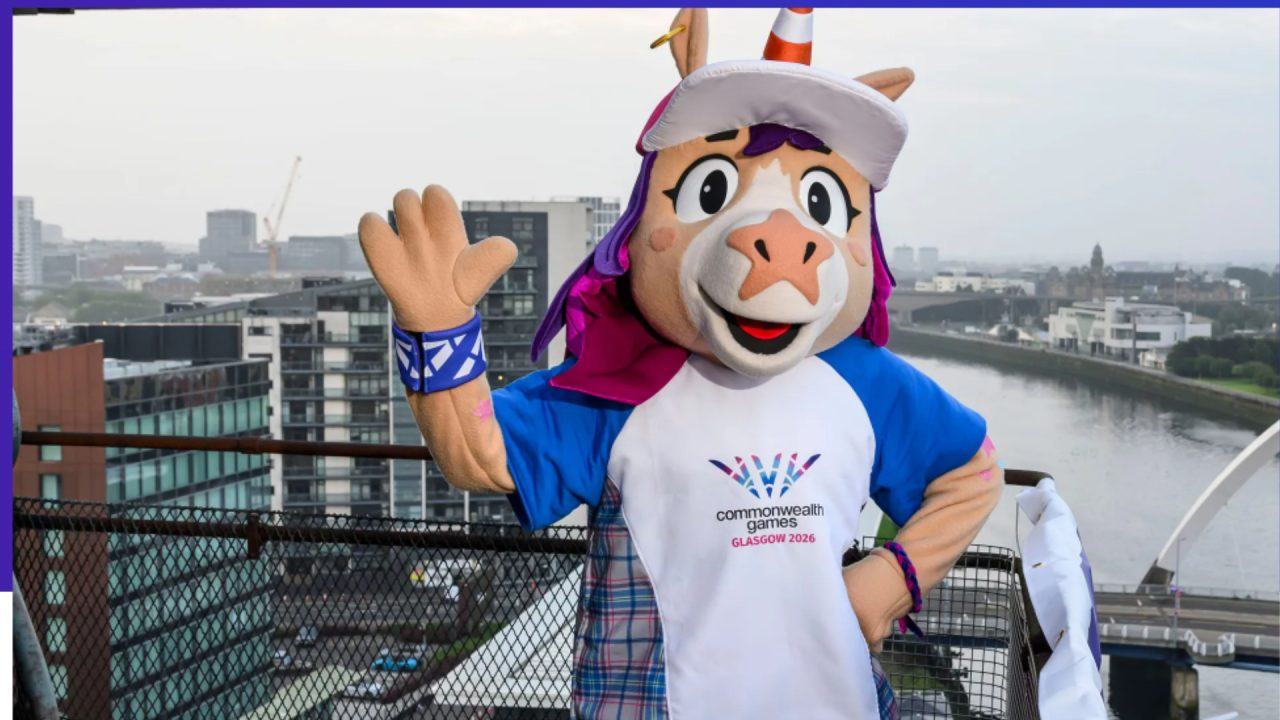 Glasgow 2026
Glasgow 2026




